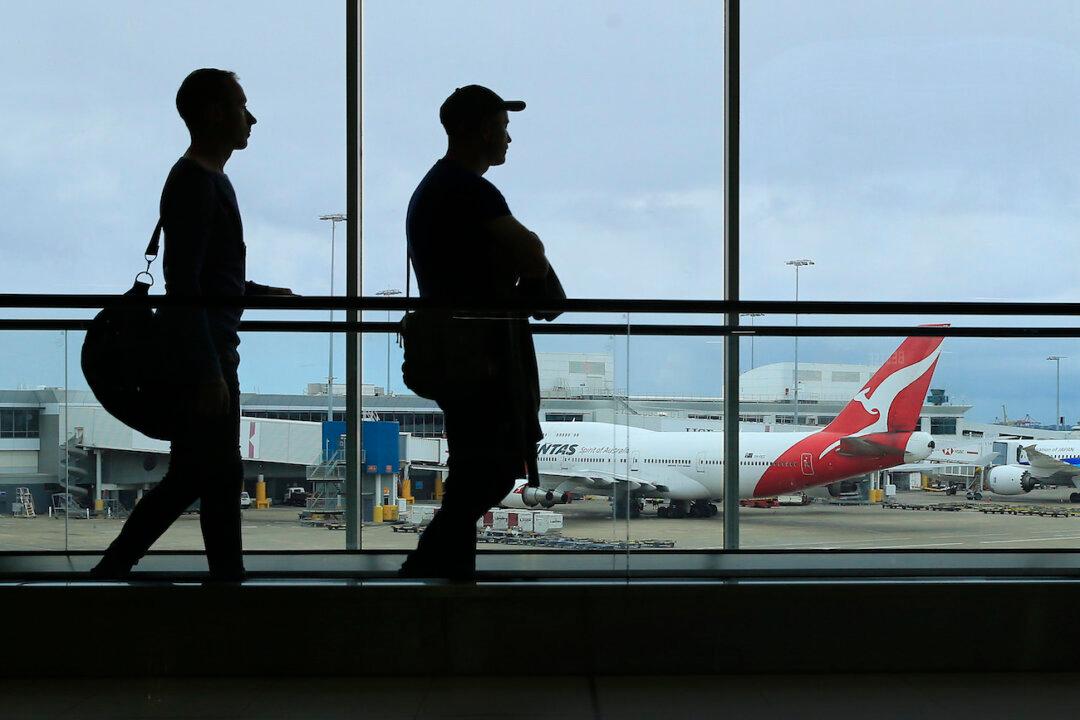The Australian state of New South Wales (NSW) will cease all quarantine for international arrivals into that state from Nov. 1, but at first limit the new arrangements to citizens, permanent residents, and their immediate family members.
The NSW government on Friday announced the decision that isolation requirements would be scrapped from Nov. 1.





